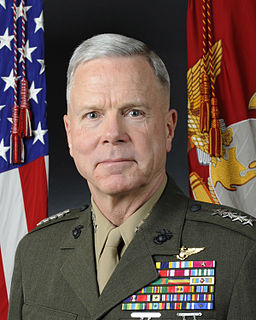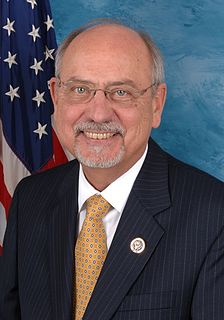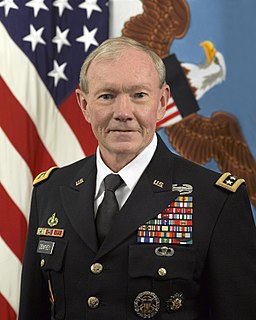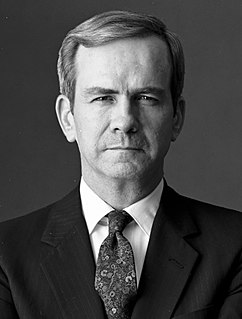A Quote by Phil Klay
I suppose it is the lot of soldiers and Marines to be objectified according to the politics of the day and the mood of the American people about their war.
Related Quotes
I went out to cover the wars in Iraq and Afghanistan fundamentally [in Buzzing at the Sill] because I was interested in war as a notion and in experiencing it. I was interested in history and how societies form. I was interested in the recent history of what had provoked these wars. So when I finally got out there, I was really seeing the wars through the American perspective, much more than through being embedded with American soldiers and Marines.
The great error of nearly all studies of war, an error into which all socialists have fallen, has been to consider war as an episode in foreign politics when it is especially an act of internal politics and the most atrocious act of all . . . Since the directing apparatus has no other way of fighting the enemy than by sending its own soldiers, under compulsion, to their death-the war of one state against another state resolves itself into a war of the state and the military apparatus against its own people.
We know that there were so many Japanese American soldiers in World War II who were fighting in Europe despite the fact that their families, their parents were back home in American prison camps. It's savagely ironic that between themselves and the African-American soldiers, who were also segregated and didn't see the fruition of the work the culminated in the Civil Rights Act until the '60s, that these American heroes and their stories are not well known; and the fact that the 442nd/100th became the most decorated unit in U.S. history.




































